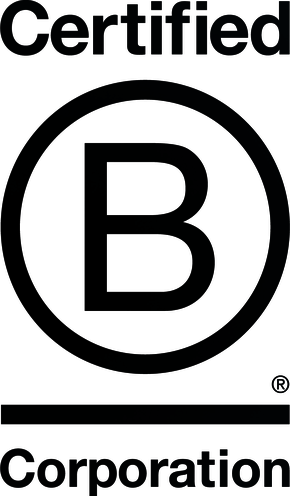Understanding how Google rankings are determined – SEO Factors
With its major milestone updates (think Penguin(s), Panda, Hummingbird, etc.) and constant minor ones, Google has drawn a hard line in the sand regarding SEO tactics and what they encourage and what they’re willing to tolerate for the time being. This is forcing domain and business owners to get more sophisticated and step up their game.
There are plenty of myths and misunderstandings about how this sophisticated algorithm works. Let’s start with the basics of understanding just how your company’s organic search rankings are determined and what SEO factors are at play.
A good Google ranking is important to drive traffic, achieve business goals, and maintain a competitive advantage. Studies show that Page 1 results get 92% of all traffic from the average search, with traffic dropping off by 95% for Page 2.*
What can you do?
Here at NextLeft, our approach to SEO relates to what we see as the three prongs or pillars of SEO: authority, relevance, and accessibility. To have the biggest positive impact on your rankings in the SERPs and to build a really strong foundation for your website, you need a healthy combination of all three.
Authority refers to your site’s credibility and trustworthiness as determined by Google. There are multiple “authority” signals that can contribute both positively and negatively to your overall site rankings. A few examples of positive authority signals include whether other high authority websites reference you and your website, mention you on social media, and ultimately link to your website’s content as a reference.
Relevance is whether your products or solution set are significant, appropriate and important to the audience receiving them. High-quality, and high ranking, websites contain well-targeted, grammatically correct, unique content that offers genuine value to visitors and prospective customers. To take advantage of this pillar, however, it’s imperative that your website’s content is not only high quality, but aligns with the core terms and modifiers that your audience is searching for. Your content must answer the questions your customers are asking.
Accessibility simply means that key elements of your site are configured in a way that allows both your customers AND Google to easily find, classify and engage with your relevant content. Typically classified as technical SEO, items that fall under accessibility include things like meta tags and descriptions, URL structure and handling, content organization and more. Search engines rely on these elements to understand and rank webpages, making accessibility a key factor for higher rankings.
The combination of the three pillars of Authority, Relevance and Accessibility serve as the foundation for any organic traffic building efforts for your brand and are a prerequisite for ongoing success. If you have questions about these core components or would like additional support to help you achieve your organic traffic growth goals, contact our team of experts today.



